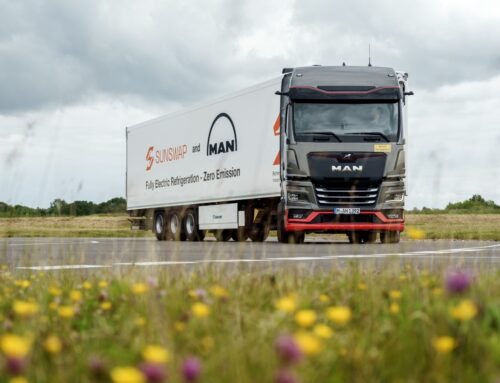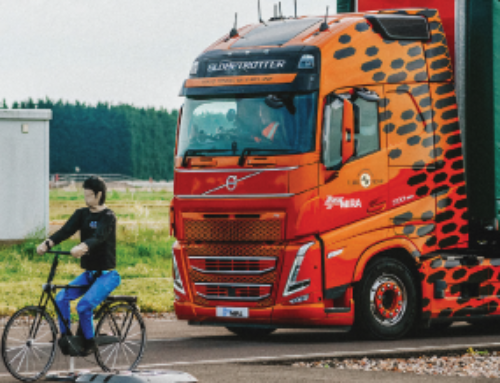Euro 7 proposals face likely delays
 The Council of the European Union, comprising ministers from EU nation states, has endorsed an amended version of the European Commission’s Euro 7 emissions proposals, which weakens the requirements in several areas and extends the timeframe for their introduction.
The Council of the European Union, comprising ministers from EU nation states, has endorsed an amended version of the European Commission’s Euro 7 emissions proposals, which weakens the requirements in several areas and extends the timeframe for their introduction.
Under the Commission’s original plans, Euro 7 was set to introduce a more stringent air quality regime from July 2025 for vans and cars and July 2027 for trucks and buses, incorporating stricter standards on a range of exhaust pollutants, as well as imposing rules on tyre and brake emissions for the first time.
But according to the council of ministers, many delegations considered these deadlines “too ambitious and even unrealistic”; and it has proposed new implementation dates of 30 months after the regulation enters force for new types of vans and cars, and 42 months for new registrations. For trucks and buses, meanwhile, the proposed timescales are 48 months after the regulation enters force for new types, and 60 months for new vehicles.
In addition, for van and car, the council is advocating that existing exhaust emissions limits and test conditions are carried over to Euro 7. But for truck and bus, exhaust emission limits would still be lower for Euro 7 compared to Euro VI, with test conditions “slightly adjusted”. The Commission’s proposed separate hot and cold limits for heavy vehicles would be dispensed with.
Euro 7 will be negotiated further once the European Parliament has adopted its own position. A spokesman for Britain’s Society of Motor Manufacturers and Traders said: “Euro 7 will not apply directly to Great Britain. The implementation date in the EU depends on the final decision of the EU institutions (Council, Parliament and Commission).”
Sigrid de Vries, director-general of European automotive industry body ACEA, said: “The council’s aim to continue the effective Euro 6/VI tests is sensible. However, compared to what is in place today, Euro 7 is much broader for new cars, vans and, in particular, heavy-duty vehicles, requiring significant engineering and testing efforts. As such, it will require huge additional investments from our industry at a time when it is pouring all its resources into decarbonisation.”










